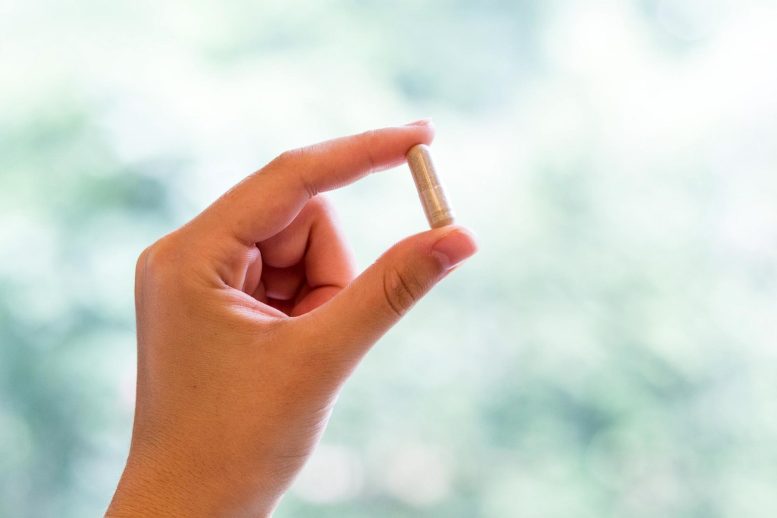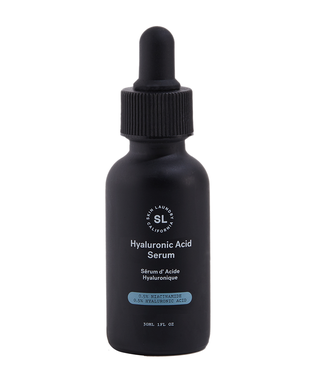
Scientific Trial Proves Weight loss plan Complement Can Forestall Hereditary Most cancers

Resistant starch has been proven to have a significant preventive impact on a variety of cancers in individuals with excessive hereditary threat.
May a banana a day hold the most cancers doc away?
A significant preventive impact from resistant starch on a variety of cancers has been proven in a trial in individuals with excessive hereditary threat. Resistant starch might be present in a broad number of meals resembling oats, breakfast cereal, cooked and cooled pasta or rice, peas and beans, and barely inexperienced bananas.
A global trial revealed {that a} common dose of resistant starch, also called fermentable fiber, taken for a mean of two years, didn’t have an effect on cancers within the bowel however did cut back cancers in different elements of the physique by greater than half. This impact was notably pronounced for higher gastrointestinal cancers together with oesophageal, gastric, biliary tract, pancreatic, and duodenum cancers. The trial – generally known as CAPP2 – concerned nearly 1000 sufferers with Lynch syndrome from around the globe.
Furthermore, the astonishing impact was seen to final for 10 years after stopping taking the complement.
The research is a deliberate double-blind 10-year observe–up, supplemented with complete nationwide most cancers registry knowledge for as much as 20 years in 369 of the contributors. The analysis was led by specialists on the Universities of Newcastle and Leeds and printed on July 25, 2022, in Most cancers Prevention Analysis, a journal of the American Affiliation for Most cancers Analysis.
Earlier analysis printed as a part of the identical trial revealed that aspirin diminished most cancers of the big bowel by 50%.
“We discovered that resistant starch reduces a variety of cancers by over 60%. The impact was most blatant within the higher a part of the intestine,” defined Professor John Mathers, professor of Human Diet at Newcastle College. “That is vital as cancers of the higher GI tract are tough to diagnose and infrequently usually are not caught early on.
“Resistant starch might be taken as a powder complement and is discovered naturally in peas, beans, oats, and different starchy meals. The dose used within the trial is equal to consuming a day by day banana; earlier than they grow to be too ripe and tender, the starch in bananas resists breakdown and reaches the bowel the place it may possibly change the kind of micro organism that reside there.
“Resistant starch is a kind of carbohydrate that isn’t digested in your small gut, as an alternative it ferments in your massive gut, feeding useful intestine micro organism – it acts in impact, like dietary fiber in your digestive system. The sort of starch has a number of well being advantages and fewer energy than common starch. We expect that resistant starch could cut back most cancers growth by altering the bacterial metabolism of bile acids and to scale back these kinds of bile acids that may harm our DNA and eventually cause cancer. However, this needs further research.”
Professor Sir John Burn, from Newcastle University and Newcastle Hospitals NHS Foundation Trust who ran the trial with Professor Mathers, said: “When we started the studies over 20 years ago, we thought that people with a genetic predisposition to colon cancer could help us to test whether we could reduce the risk of cancer with either aspirin or resistant starch.
“Patients with Lynch syndrome are high risk as they are more likely to develop cancers so finding that aspirin can reduce the risk of large bowel cancers and resistant starch other cancers by half is vitally important.
“Based on our trial, NICE now recommends Aspirin for people at high genetic risk of cancer, the benefits are clear – aspirin and resistant starch work.”
Long term study
Nearly 1000 participants between 1999 and 2005 began either taking resistant starch in a powder form every day for two years or aspirin or a placebo.
At the end of the treatment stage, there was no overall difference between those who had taken resistant starch or aspirin and those who had not. However, the research team anticipated a longer-term effect and designed the study for further follow-up.
There were just 5 new cases of upper GI cancers among the 463 participants who had taken the resistant starch compared with 21 among the 455 who were on the placebo in the period of follow-up.
The team is now leading the international trial, CaPP3, with more than 1,800 people with Lynch syndrome enrolled to look at whether smaller, safer doses of aspirin can be used to help reduce the cancer risk.
Reference: “Cancer Prevention with Resistant Starch in Lynch Syndrome Patients in the CAPP2-Randomized Placebo Controlled Trial: Planned 10-Year Follow-up” by John C. Mathers, Faye Elliott, Finlay Macrae, Jukka-Pekka Mecklin, Gabriela Möslein Fiona E. McRonald, Lucio Bertario, D. Gareth Evans, Anne-Marie Gerdes, Judy W.C. Ho, Annika Lindblom, Patrick J. Morrison, Jem Rashbass, Raj S. Ramesar, Toni T. Seppälä, Huw J.W. Thomas, Harsh J. Sheth, Kirsi Pylvänäinen, Lynn Reed, Gillian M. Borthwick, D. Timothy Bishop and John Burn on behalf of the CAPP2 Investigators, 25 July 2022, Cancer Prevention Research.
DOI: 10.1158/1940-6207.CAPR-22-0044
The research is funded by Cancer Research UK, the European Commission, Medical Research Council, and the National Institute for Health Research.




